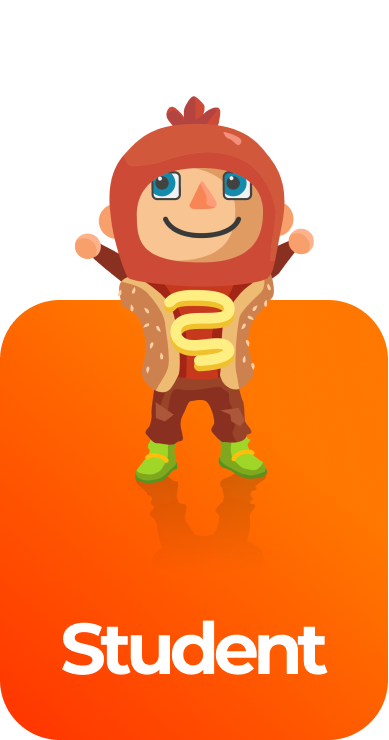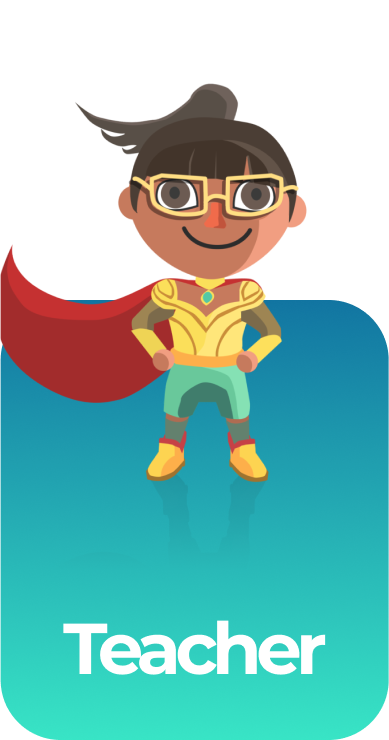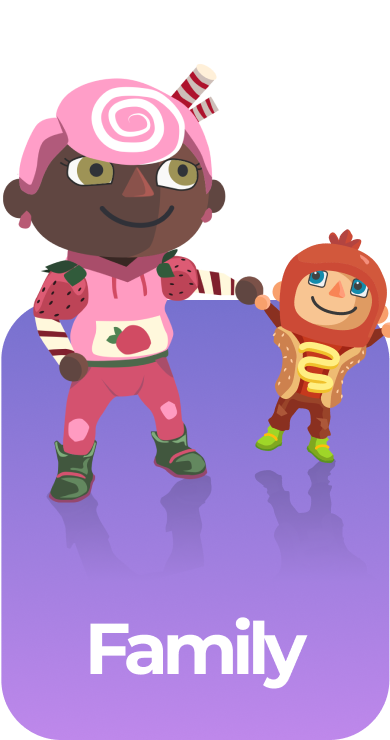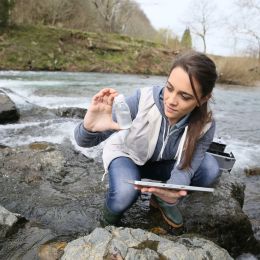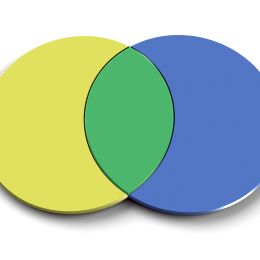Rotate, Reflect And Translate Parallel Lines Math Games
3 gamesIn this series of games, your students will learn how parallel lines are taken to parallel lines. The Rotate, Reflect And Translate Parallel Lines learning objective — based on CCSS and state standards — delivers improved student engagement and academic performance in your classroom, as demonstrated by research. This learning objective directly references 8.G.A.1.c as written in the common core national math standards.
Scroll down for a preview of this learning objective’s games and the concepts.
Concepts Covered
Two figures are considered the same if one can be superimposed on the other. Reflections, rotations, and translations, and compositions of these, are called rigid motions. Rigid motions preserve the measurements of angles. Terminology for transformations (image, pre-image, and preserve) is used to describe the effects of rigid motions and other transformations.
Experiment with translations (sliding a figure in a particular direction for a particular distance), rotations (rotate around a particular point called the center of rotation), and reflections (flipping a point or figure over a particular line called the line of reflection). Use transparencies to experiment with rigid motions. Use all transformations in experimentation with angles to see that angles do not change and the line segments or rays that comprise the angles do not change in measure when transformed.
Verify the relationship that exists after a rigid motion occurs with parallel lines.
A preview of each game in the learning objective is found below.
You can access all of the games on Legends of Learning for free, forever, with a teacher account. A free teacher account also allows you to create playlists of games and assignments for students and track class progress. Sign up for free today!
